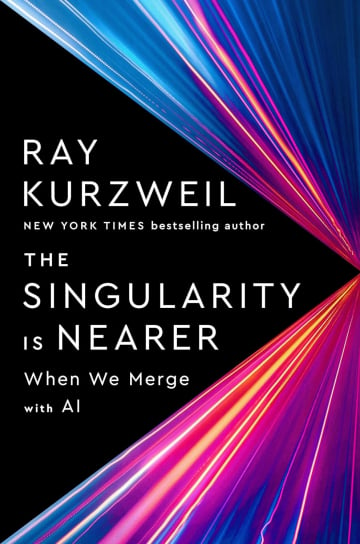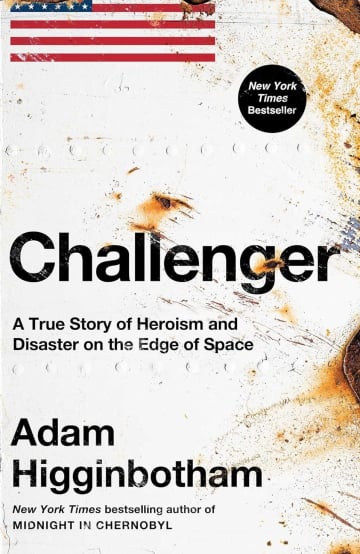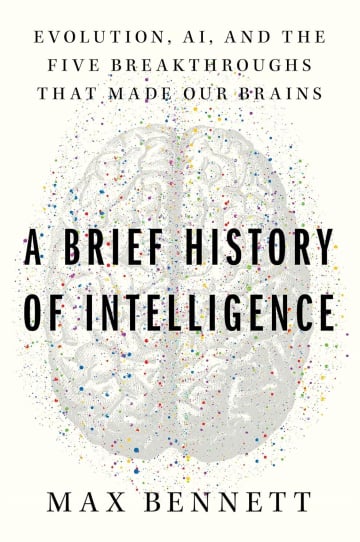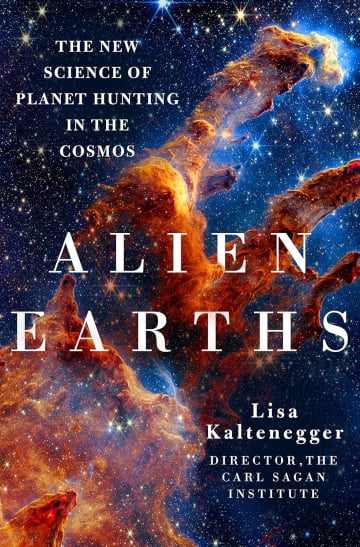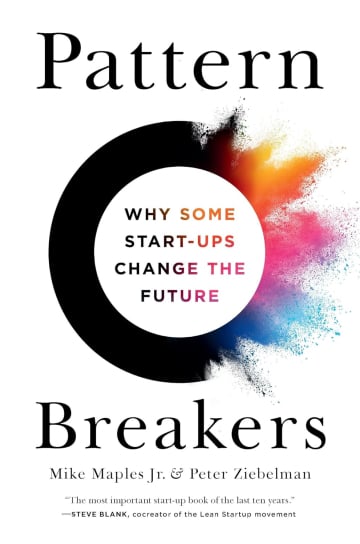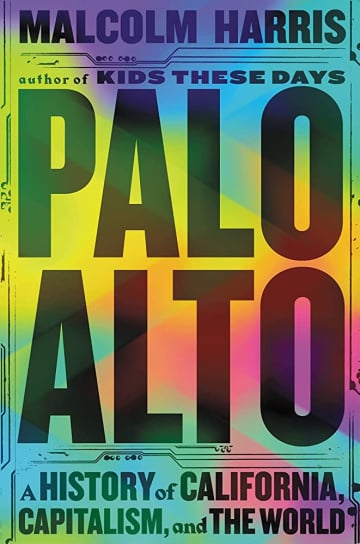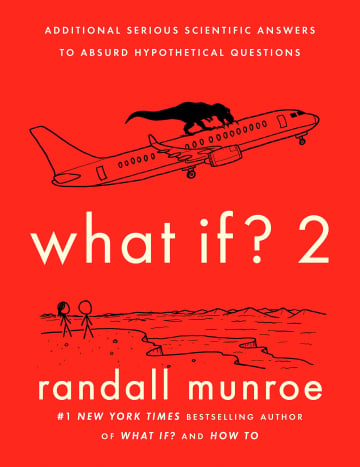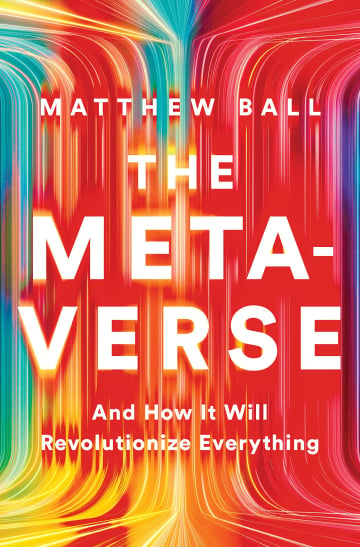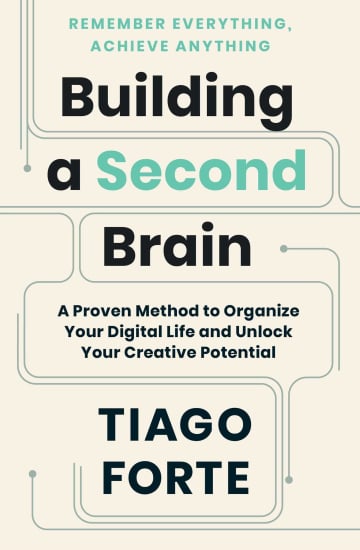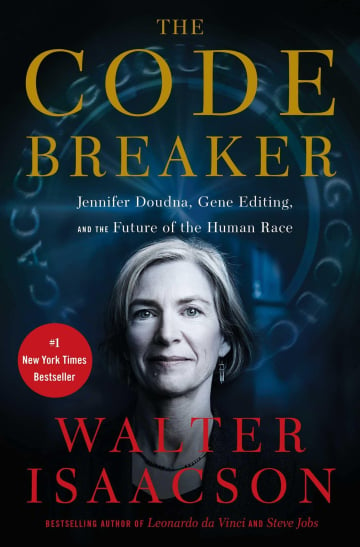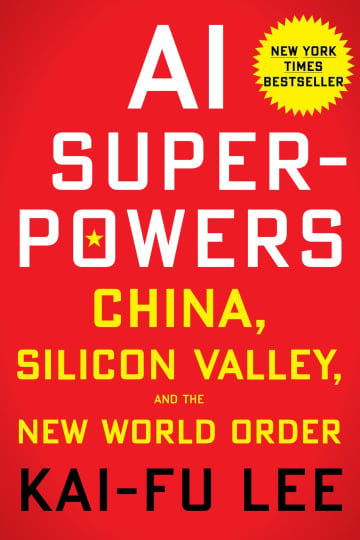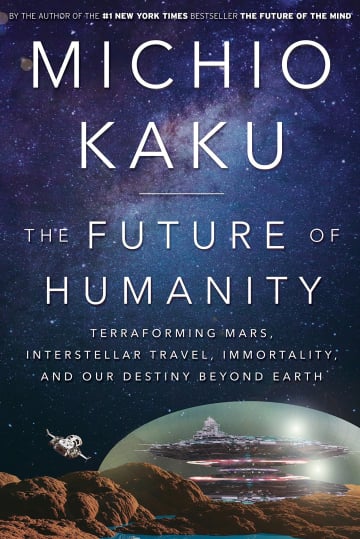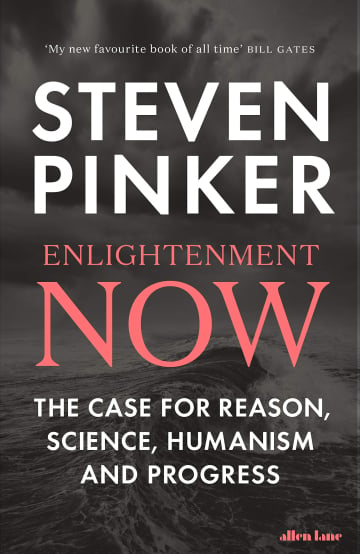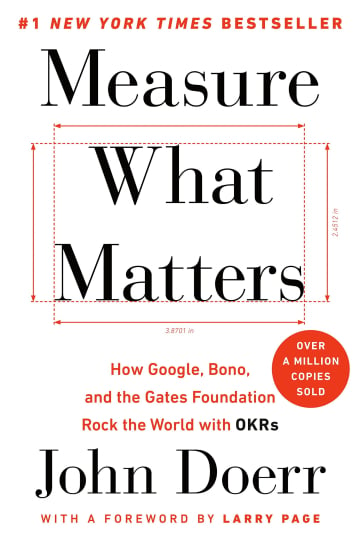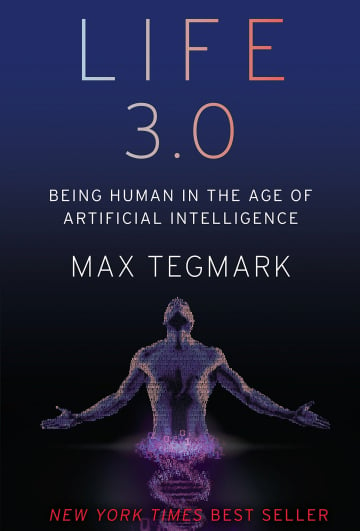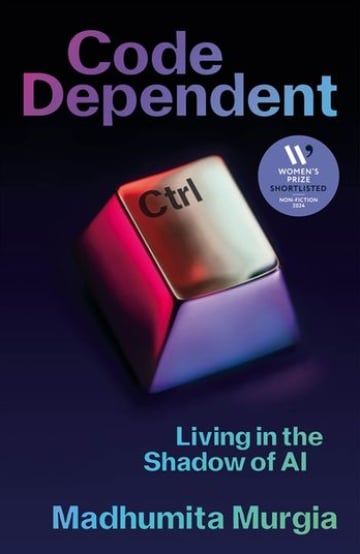
Code Dependent: Living in the Shadow of AI
⚡️ 10 Quotes from the book
“My life – and yours – is being converted into such a data package that is then sold on. Ultimately, we are the products.”
“But AI is simultaneously affecting other, significant areas of our society: healthcare, policing, public welfare and military warfare, creating rippling consequences and lasting social change. It is altering the very experience of being human.”
“Deepfakes aren’t unintended consequences of AI. They are tools knowingly twisted by individuals trying to cause harm.”
“The face is a gateway between our internal and external selves, the part that represents us most publicly, yet defines us most intimately.”
“As the use of AI becomes widespread, its users must become wary of automation bias, a widely studied phenomenon in which people start to become over-reliant on automation to do their jobs. It’s the case with everything from self-driving cars to security cameras.”
“Ultimately, it all comes back to the humans at the heart of the process – AI can’t replace giving human beings agency to choose the fairest outcomes.”
“Empathy teaches us that everyone is flawed, yet still worthy of mercy. A risk score says the opposite: this is your digitally fixed reality, you have criminality inside you waiting to burst out. Your circumstances mean you don’t deserve forgiveness.”
“Within three days of launch, ChatGPT had crossed the threshold of a million users that its creators had predicted would be its peak. A few weeks later, that number was somewhere in the tens of millions. Six months in, estimates put its monthly user numbers at well over 100 million people. ChatGPT had burst out of its controlled lab environment and become one of the largest-ever social experiments.”
“If you were a motivated and intelligent criminal, you could probably still find a way to design dangerous chemicals and have them produced and shipped to you without the help of an AI model, but the software had dramatically brought down the barriers to committing such crimes.”
“My hope for AI isn’t that it creates a new upgraded species without the messiness of humanity, but that it helps us ordinary, flawed humans live our best and happiest lives.”
Related videos
Follow the author

Madhumita Murgia is an Indian-British journalist and commentator who focuses on the societal impact of technology and science. As the AI Editor at the Financial Times in London, she leads global coverage of artificial intelligence and emerging technologies. She won the Science & Technology Journalist of the Year award at the UK Press Awards in 2024 for her reporting on generative AI and its business implications.
Publications
The Guardian: Code Dependent by Madhumita Murgia review – understanding the human impacts of AI
The Hindu: Review of Madhumita Murgia’s Code Dependent
The Telegraph: Meet the ordinary people whose lives have been ruined by AI
New Scientist: Code Dependent: A must-read exploring the human impact of AI
Ask Albert:
Rate the book
⚡️ Discover Even More Bookish Wisdom
recommends
recommends
recommends
recommends
